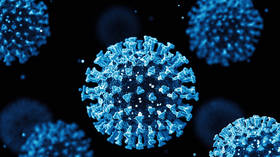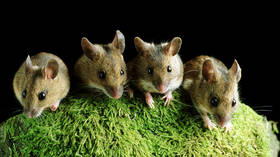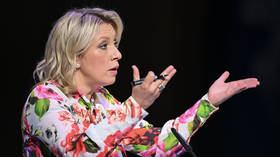New coronavirus strain found

Chinese scientists have warned of “a potential bio-safety threat” presented by a new strain of coronavirus, which, subject to mutation, may be passed from animals to humans and cannot be “cross-neutralized” by Covid-targeting antibodies.
The researchers, most of whom come from Wuhan University, “unexpectedly found” that the NeoCoV strain discovered in South Africa and its “close relative,” PDF-2180-CoV, “can efficiently use some types of bat Angiotensin-converting enzyme 2 (ACE2) and, less favorably, human ACE2 for entry.”
SARS-CoV-2, which was first identified in Wuhan and later caused the Covid-19 pandemic, uses ACE2 to enter the human body, too.
The preprint, published on the bioRxiv portal, says that infection with a strain, now targeting bats, “could not be cross-neutralized by antibodies targeting SARS-CoV-2 or MERS-CoV.”
Admitting that the nature of NeoCoV “remains enigmatic,” the scientists warn of a “potential bio-safety threat” for humans, “with both high fatality and transmission rate.”
Other recent studies, also conducted by Chinese scientists, have shown that “the progenitor” of the Omicron variant, which caused a new wave of the infections around the world and is now dominant in many countries, “jumped from humans to mice, rapidly accumulated mutations conducive to infecting that host, then jumped back into humans.”














